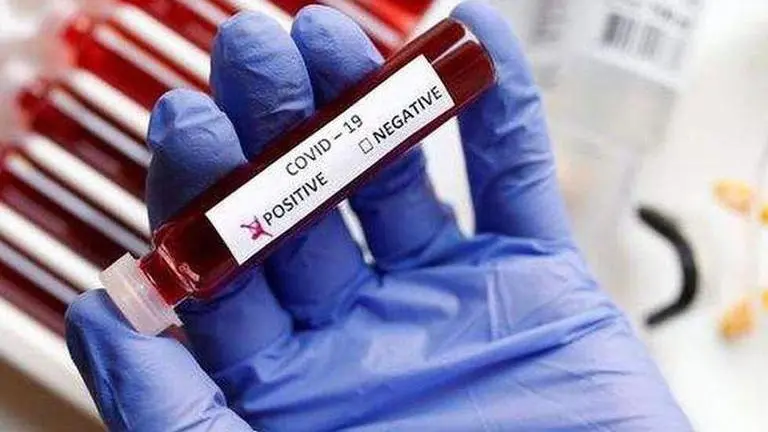Updated 5 September 2020 at 12:06 IST
Coronavirus tests could be picking up dead virus, study shows major reason for rising case
As per a new revelation by the scientists, the main test for coronavirus might be picking up fragments of dead virus from old infections as it is sensitive.
- World News
- 3 min read

As per a new revelation by the scientists, the main test for coronavirus might be picking up fragments of dead virus from old infections as it is extremely sensitive. The study says that people are infectious only for a week but they might test positive even after the time span of 7 days. One of the authors of the study, Prof Carl Heneghan said that instead of a yes or no, tests should include cut-off points so that a very small amount of virus does not show positive results. He added that detecting old traces in one of the major reasons for an increase in cases.
‘Virus Culturing’ Method
As a part of this recent study, The University of Oxford's Centre for Evidence-Based Medicine analysed the evidence from 25 studies. The virus specimens from positive tests were put in a petri dish to find out if they would grow. This method is called ‘virus culturing’. It helped the scientists in finding out if a positive test has picked up any active virus which can reproduce and spread or there are just dead fragments which refuse to grow.
According to the study, in the method of testing that is being used, there is no indication of how much virus is present in the sample or how much of it is active. Therefore, a person with a good amount of virus and a recovered person with leftover fragments from infection would receive the same test result- positive. Prof Heneghan said that evidence suggests coronavirus "infectivity appears to decline after about a week”. He added that it is not possible to examine every test to see if there is an active virus on it. According to him, false cases can only be detected if scientists work out on the cut-off point in a test. Prof Heneghan said that this could help people to stop quarantining or being contact-traced unnecessarily as it will give a better understanding of the current state of the pandemic.
Advertisement
Prof Ben Neuman, at the University of Reading, said, "This review runs the risk of falsely correlating the difficulty of culturing Sars-CoV-2 from a patient sample, with the likelihood that it will spread”. However, Public Health England agreed that viral cultures is a useful way of assessing the results of coronavirus tests. Prof Francesco Venturelli, an epidemiologist in the Italian region of Emilia-Romagna said that there is "not enough certainty" about how long the virus remains infectious during the recovering period.
Advertisement
Also Read: Study Illustrates How Masks With Exhalation Valves And Face Shields Allow COVID-19 Spread
(Image Credit: PTI)
Published By : Akanksha Arora
Published On: 5 September 2020 at 12:07 IST
